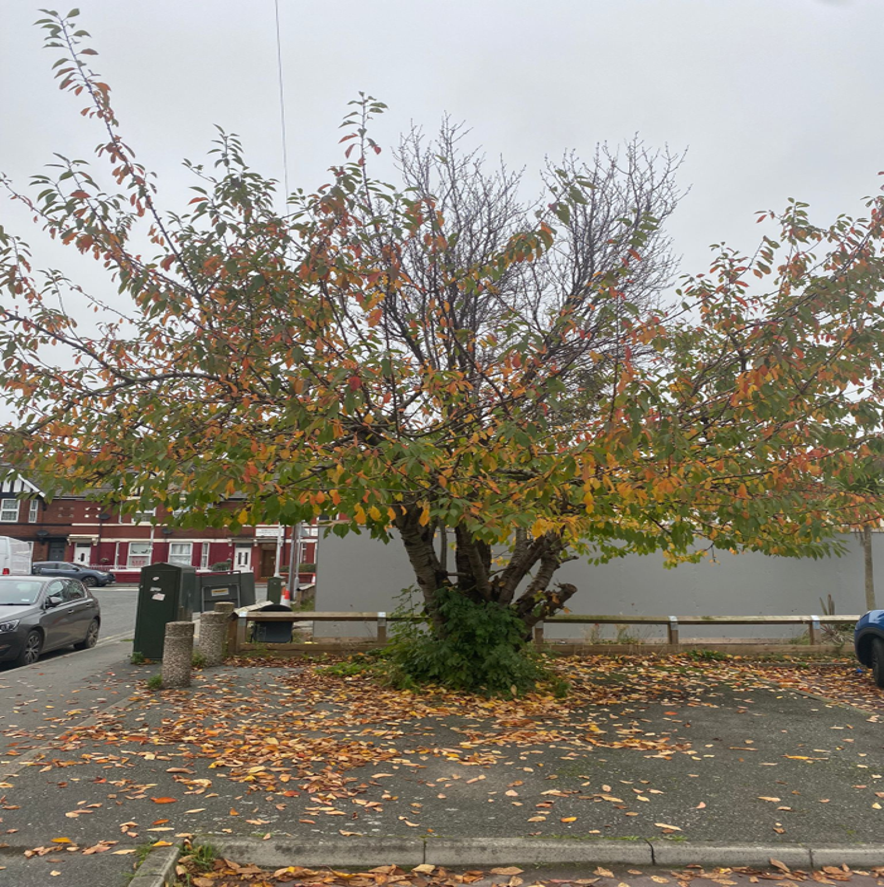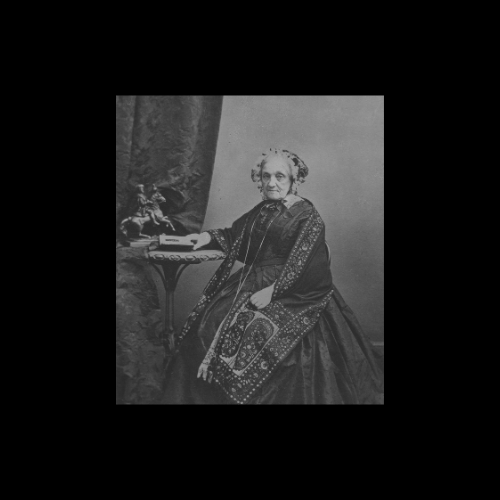As World Menopause Awareness Month draws to a close, researchers from Royal Holloway and the University of Liverpool are urging the NHS to rethink its approach to menopause care – calling for more inclusive support for migrant women.

Jane (pseudonym) contributed this photo to reflect on the theme of “Ageing” in the Photovoice Exhibition held in Liverpool in September. She described the physical changes she experienced during menopause as difficult to adapt to at first. Over time, she came to see menopause as a natural part of being a woman.
The study, based on interviews with Black and Chinese-heritage migrant women aged 40 to 79, reveals that menopause is not a uniform medical event but a deeply personal, culturally shaped experience. Women’s perspectives were influenced by migration history, traditional beliefs, and generational knowledge – often diverging sharply from the biomedical framing common in UK healthcare.
In NHS settings, menopause is typically treated as a clinical problem to be managed – with common interventions including hormone replacement therapy (HRT), antidepressants, and lifestyle advice focused on symptom relief. This biomedical model tends to emphasise decline, dysfunction and loss, with limited attention to cultural variation in how menopause is understood or experienced.
“Our study reveals that there is no single ‘menopausal experience’,” said Dr Lynn Tang, Co-Investigator and Lecturer in Health Studies at Royal Holloway. “If we want truly inclusive healthcare, we must move beyond one-size-fits-all models and listen to the lived realities of diverse communities.”
Many participants did not medicalise menopause, yet still expressed a strong desire for guidance and support from healthcare professionals. In the absence of tailored advice, they often turned to traditional remedies, peer support and self-help strategies – navigating menopause in silence while also appreciating the openness of Western communities.
“Without the end of menstruation, women would not be able to take advantage of the opportunities afforded by this stage of life,” said Bella (pseudonym), 57, from Hong Kong. “It’s like the responsibility is over (in terms of gendered roles).”
“I believe menopause needs more understanding – and self-adjustment is crucial,” said Jane (pseudonym), 47, from Mainland China. “I started learning English and found new hobbies to be more independent. It’s a significant life change, and I really want to grow through it.”
“They are so conscious about ageing. And will go to any length to stop ageing... But ageing is natural,” said Lilly (pseudonym), 79, a Black African participant. “Like an African woman, you just endure it. You don’t even talk about it to a fellow woman. But maybe we need to open up – the next person might be feeling the same.”
“These women are not just managing symptoms – they’re redefining what it means to age well,” said Professor Susan Pickard, Principal Investigator at the University of Liverpool. “Their perspectives challenge celebrity-driven narratives in Western communities that glorify youthfulness and portray menopause as dysfunction.
“Instead of viewing menopause as a medical crisis to be solved, they consider it a natural transition into maturity.”
To improve care, the researchers recommend that GPs across the NHS proactively offer social prescribing – connecting women to culturally relevant support networks, community activities and resources.
“One promising route is social prescribing – especially during midlife health consultations for women from minority ethnic communities,” Dr Tang added. “This is often overlooked as a viable option.”
Dr Paula Briggs, Consultant in Sexual and Reproductive Health at Liverpool Women’s NHS Foundation Trust, said: “Very little is known about the impact of menopause in women from ethnically diverse backgrounds. We need to learn more about symptoms experienced and what type of treatment women from different ethnic backgrounds and cultures would like to have access to. This was the rationale for undertaking the study – investigating the experience of Black and Chinese-heritage women so we can develop more culturally sensitive menopause care solutions for these communities.
“We’re currently piloting a toolkit developed through this study in primary care. It’s designed for any healthcare professional working with minority ethnic women in the UK – helping broaden the clinical gaze, challenge stereotypes, and equip healthcare professionals with skills to communicate with cultural sensitivity.”
The research team aims to launch the toolkit at a healthcare conference in December following the pilot phase – aiming to embed culturally sensitive menopause care into mainstream practice. They believe these perspectives offer not only a more inclusive framework for public healthcare, but also a broader societal benefit: challenging narrow, youth-centric narratives and inviting a more empowering and realistic view of women’s ageing across all communities.

























